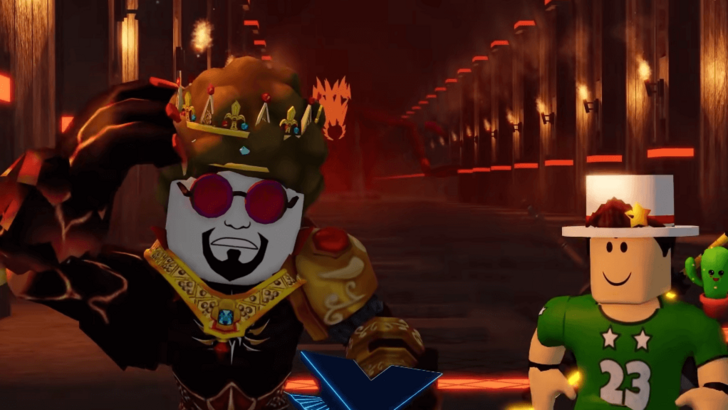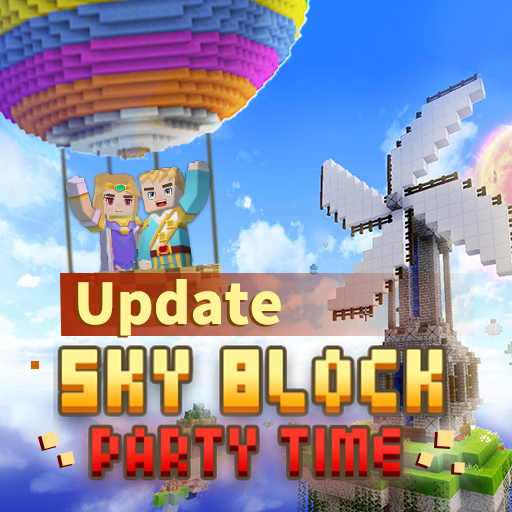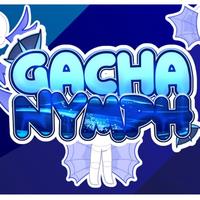Cybercriminals are leveraging the desire for in-game advantages to deploy malware disguised as cheat scripts, primarily targeting Roblox players but impacting gamers across various platforms. This campaign utilizes Lua-based malware, exploiting the language's popularity and ease of use within game development.

The malicious software is spread through deceptive tactics, including SEO poisoning and fake advertisements leading to infected GitHub repositories. These often mimic legitimate cheat script engines like Solara and Electron, commonly associated with Roblox.

Lua's accessibility, even for children, contributes to the effectiveness of this attack. Its use in games beyond Roblox, such as World of Warcraft and Angry Birds, expands the potential victim pool. Once executed, the malware connects to a command-and-control server, potentially enabling data theft, keylogging, and complete system compromise.

The Roblox platform, with its user-generated content and Lua scripting capabilities, presents a fertile ground for this type of attack. Malicious scripts are embedded within third-party tools and packages, often disguised as legitimate utilities. Examples include the "noblox.js-vps" package, which distributed the Luna Grabber malware.

While some might view this as a consequence for cheating, the reality is that downloading seemingly innocuous cheat scripts carries significant risks. The potential for data breaches and system compromise far outweighs any perceived in-game advantage. Practicing good digital hygiene is crucial to mitigating these threats.
















